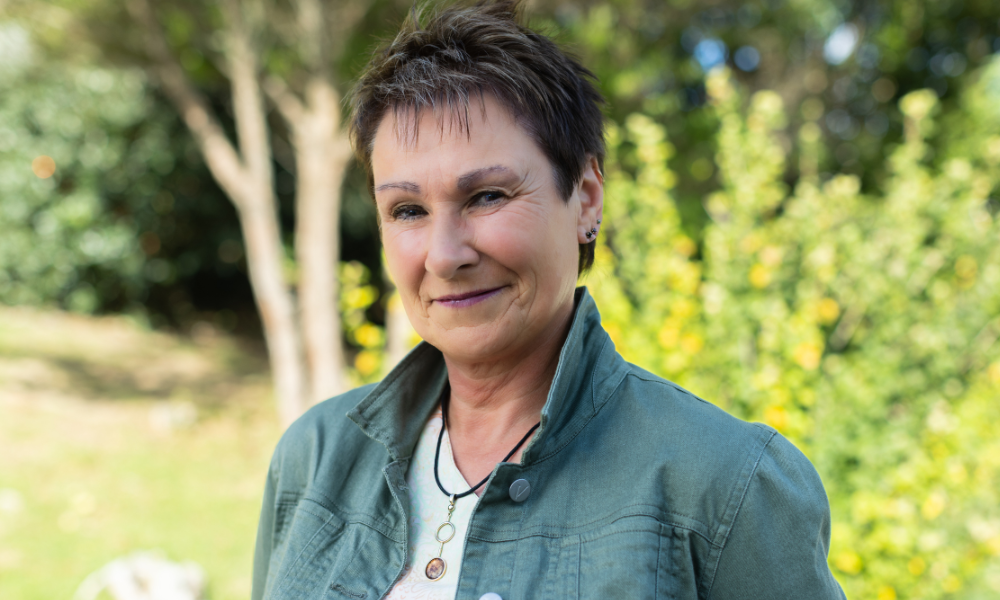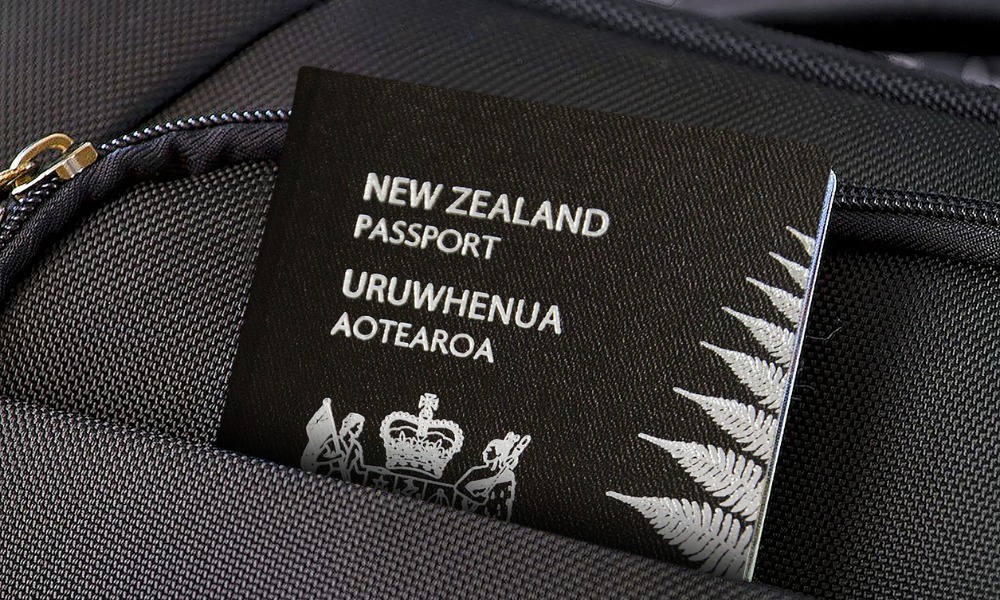'Cultural differences can impact on their ability to practise effectively,' researcher says, offering tips for HR

New research from the University of Otago has highlighted a need for New Zealand’s healthcare system to improve its cultural integration practices for international doctors — or it could risk losing them.
The research explored the experiences of international medical graduates (IMGs) – whom New Zealand relies on to fill medical practitioner shortages – and found that they struggle with cross-cultural code-switching.
It uncovered how the psychological challenges of cross-cultural code-switching due to professional and cultural differences could affect IMGs’ ability to practice effectively and influence whether they stay in New Zealand.
“Many of them leave New Zealand jobs because they experience stress, loss of identity or loss of confidence brought on by the struggle to adjust culturally,” lead author of the study, Mariska Mannes, said in a statement.
“Cultural differences can impact on their ability to practise effectively and on their wellbeing – it is critical to support not only their integration into medical practice but also their cultural integration, to improve retention rates.”
The challenges of cultural differences
Mannes told HRD New Zealand the aim of the research was to understand how cultural differences impacted IMGs. It involved interviews with 14 IMGs who had been qualified for more than two years prior to arriving in New Zealand and practicing in the country from at least one year to over a decade. The participants were from the United States, the United Kingdom, South Africa, South America and South and Southeast Asia.
Mannes described some of the challenging cultural differences that they had experienced, including communication with colleagues.
“Communication was one big challenge – not the language but the communication style,” she said. “A lot of them were more direct in their communication, which is not so readily accepted here in New Zealand. And many of them had complaints against them because of it.
“The mental stress of them having to switch to the New Zealand kind of communication style, they talked about how tiring it was having to think every time that they did something. To soften it, sugarcoat it, beat around the bush. Those are the kind of words that came up.”
Another challenge was around power and hierarchy, Mannes said, “where [IMGs] came from a more hierarchical culture and maybe more paternalistic systems than what we have here in New Zealand,” she said. “It challenged who they were and also how they interacted.”
She described the concept of a patient-centred model where nurses question doctors and are part of the discussion. Some IMGs come from a place where they had a very high status and wouldn’t be questioned by anyone they deemed to have a lower status than them.
“That just challenged who they were,” Mannes said. “Suddenly, they felt they'd lost all their status – which they hadn't – they just had to interact in a different way.”
Cross-cultural code-switching
Code-switching refers to the way you speak or interact differently to what you normally would depending on the setting or situation you are in, Mannes explained. But with cross-cultural code-switching, you’re not only switching to the situation, you’re switching to the culture, she said.
“For example, for these doctors, when they're in the workplace and had to switch to the expectations of the New Zealand way of doing things, it's almost, while they were in the workplace, they had to become a different person,” Mannes said.
“One of the challenges with cross-cultural code-switching is when that switch that you're expected to do is in conflict with the way that you believe things should be, conflict with the way that you show respect because we do it differently. The bigger the cultural difference that you have to switch to, has a real impact on your internal beliefs as well and whether you feel genuine in being that person that you're expected to be.”
One of the study participants described the challenge of having to ‘sugar coat’ information, according to Mannes.
“Where I come from the dryer you are, the better you are, because you are not hiding anything,” they said. “Here you must sugar coat, it’s like a new language, so I struggle, I try to copy but then I don’t know if it is the right occasion … sometimes people feel confronted if you ask for clarification.”
Another participant described how they would revert back to their usual cultural behaviour under stressful situations, which led to complaints: “‘It’s exhausting! And then also the problem is that it’s a learned behaviour, when I’m stressed or exhausted or tired or sleep deprived or all of the above, I resort back to my normal behaviour. And then that will lead to some difficult conversations.”
What HR can do to support IMGs
The study is calling for programs to be created to help address these challenges for IMGs, and for them to be included in orientation and in ongoing courses.
Mannes also believes more research is needed to address the struggles these doctors are facing.
“We don’t know what they don’t know,” she said. “It might mean that we need to do some more research with doctors in the first year they come to New Zealand and say, ‘What were your biggest challenges? What is it that you didn't know that you wish you had known?’”
In addition, Manne suggested the need for what she calls a cultural mentor for these international doctors.
“Rather than letting them flounder and try and figure it out for themselves, which leaves them quite vulnerable, I think a mentor could walk alongside the doctors in their first year and figure out how things work,” she said.
“More importantly, it's really to help identify the cultural differences that create the biggest challenges that they face when they're expected to switch. Once you've compared the culture they come from to the New Zealand culture, we can see where the biggest challenges lie and the strategies to overcome those challenges.
“But the strategies to overcome them need to be done in a way that they don't lose themselves, so that they feel valued, they feel respected for what they bring and they stay.”








